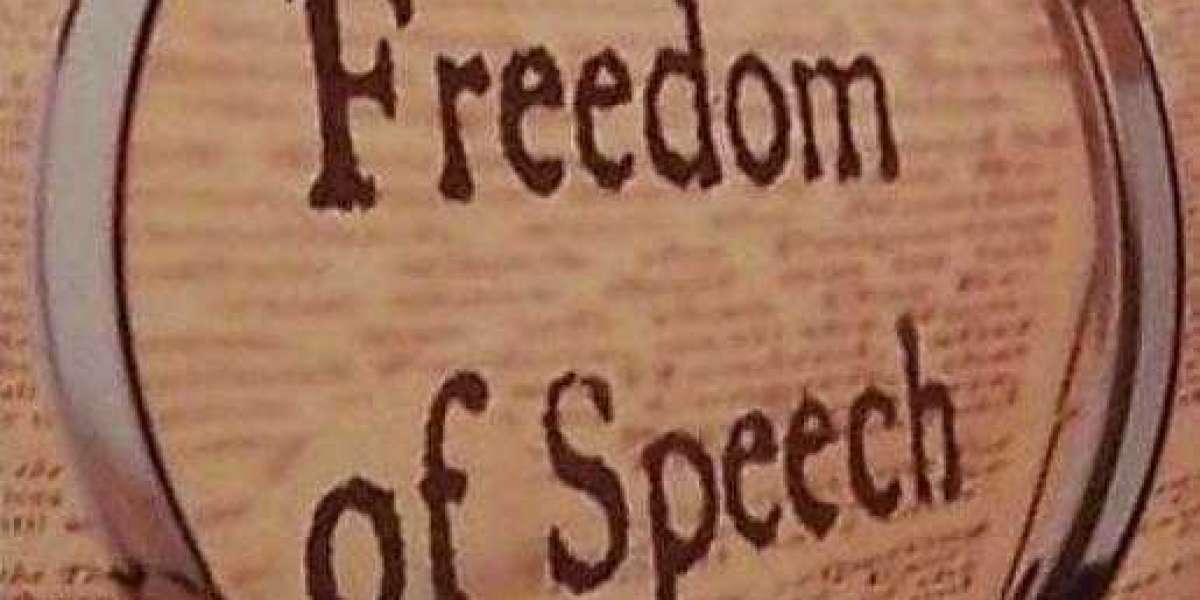Freedom of speech and expression is a principle that supports the freedom of an individual or community to articulate their opinion and ideas without the fear of retaliation censorship on legal sanction. Freedom of expression is recognised as a human right under article 19 of the universal declaration of human rights and recognition in international human rights law in the international convent on civil and political rights. Article 19 of the UDHR states that everyone shall have the right to hold opinion without interference and everyone shall have the right to freedom of expression this right include freedom to see it receive and impart information and ideas of all kinds. freedom of speech and expression therefore may be not recognised as being absolute and common limitation of boundaries to freedom of speech related to libel slender of sanity photography sedition insight mint fighting words classified information copyright violation trade secrets food labelling non-disclosure agreements and the right to privacy dignity the right to be forgotten public security and perjury. The idea of the offensive principle is also used in justification of speech limitation describing the restriction on forms of expression being the offensive to society considering factors such as extend duration motives of the speaker and is in which it could be avoided without the evolution of digital age application of freedom of speech became very controversial as new means of communication and restriction arose.
In India Constitution provides the right of freedom given in Article 19 with the view of guaranteeing individual rights that were considered vital by the famous farmers of the constitution the right to freedom in Article 19 guarantees the freedom of expression and speech has one of the six freedom of fundamental rights. The lion the current form finds its root in the hate speech section 295 a enacted by the British administration in India that was brought about in the backdrop of a series of murders of Arya samaj leaders who polemicized against Islam. this all started in 1897 with the number of murder of pandit lekh Ram by Muslim because he had written a book criticizing Islam. Precedence this law stated even before this as in a case against Arya samaj preacher dharambir in 1950 10 Muslims were sentence for writing but dharmbir was also charged under section 298 a for offensive phrases and gestures with deliberate intention of holding the religious freedom of another community and under section 153 for wantonly provoking the ride with subsequently offered and the judge was brought in who could assure conviction.
In a landmark judgement of the case Maneka Gandhi VS union of India the supreme court held that the freedom of speech and expression has no the graphical limitation and it carries it within the right of a citizen to gather information and to exchange thoughts with others not only in India but also abroad. The constitution of India does not specifically mention the freedom of press freedom of press is implied from article 19 1 a of the Constitution does the press is subject to the restriction that are provided under the article 19 2 of the constitution. Before independence day was no constitutional or statutory provision to protect the freedom of speech of press as observed by the private counsel in changing Renault versus king emperor the freedom of the general decision on every part of the freedom of subject and to waive the length the subject in general so also made the general is but apart from the statute is privilege is no other or no higer.








